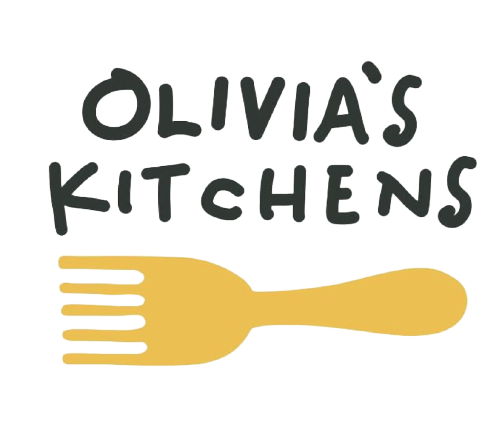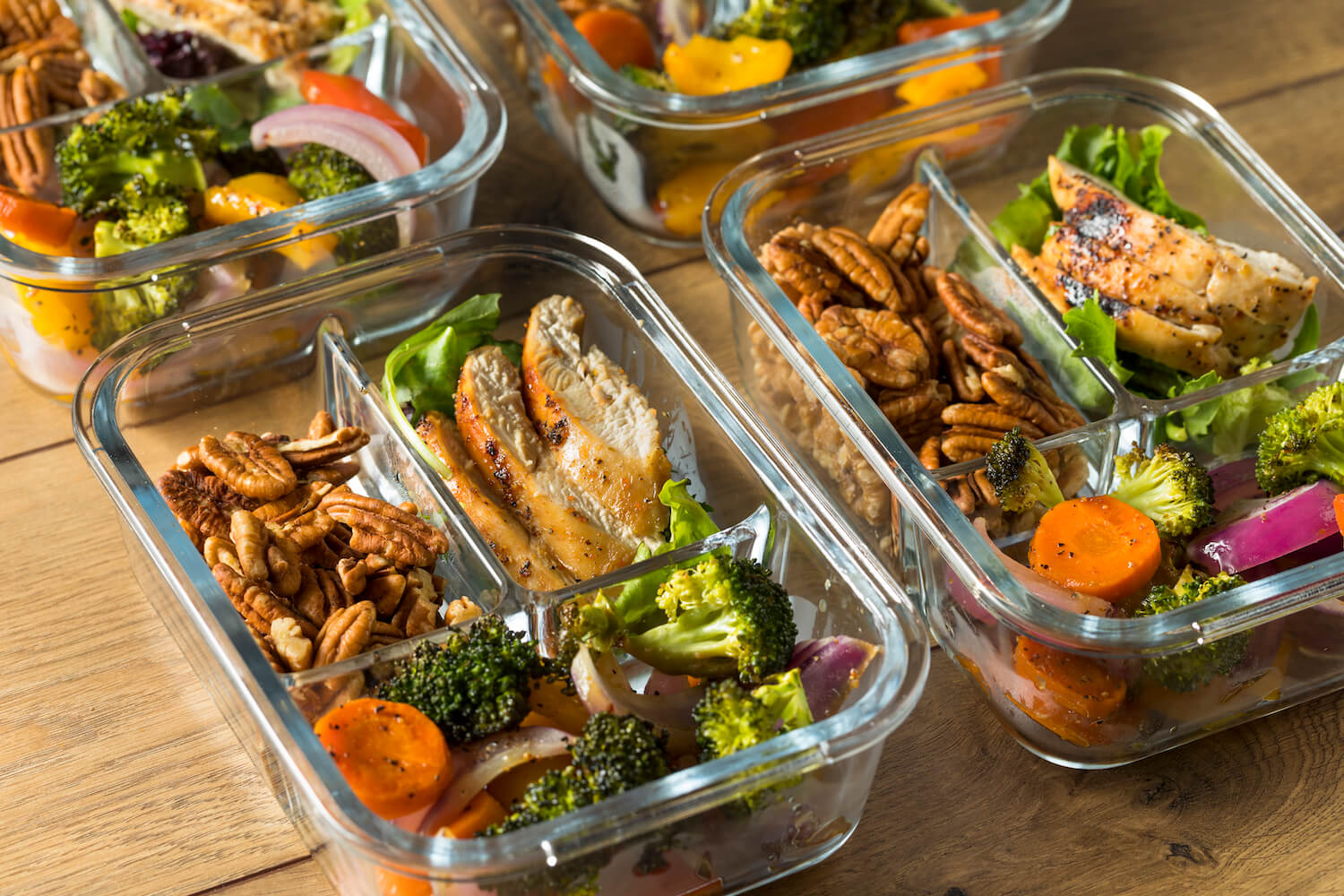In the hustle and bustle of modern life, finding the time to prepare healthy meals can be a daunting task. Fast food and takeout options often seem like the easiest and most convenient choice, but they can take a toll on your health in the long run. Enter meal prepping – a game-changing approach to nutrition that not only saves you time but also promotes a healthier diet.
In this article, we’ll explore the art of meal prepping, why it’s beneficial, and provide you with practical tips to make it easy and enjoyable.
The Benefits of Meal Prepping
Before we dive into the tips for successful meal prepping, let’s take a moment to understand why this life approach to eating is worth your time and effort.
- Healthier Choices
One of the primary benefits of meal prepping is that it empowers you to make healthier food choices. When you prepare your meals in advance, you have complete control over the ingredients you use. This means you can choose nutrient-dense foods, control portion sizes, and avoid hidden additives or excess salt and sugar that often sneak into restaurant and processed foods. - Portion Control
Overeating is a common issue, especially when dining out or grabbing a quick bite. Meal prepping allows you to portion your meals accurately. By dividing your food into pre-measured containers, you’re less likely to overindulge. This can be a significant factor in managing your weight and maintaining a healthy lifestyle. - Time and Money Savings
Contrary to the belief that meal prepping is time-consuming, it can actually save you time in the long run. Spending a few hours on a Sunday to prepare meals for the week can eliminate the daily stress of deciding what to eat and cooking from scratch. It also saves money by reducing the temptation to dine out or order takeout regularly, which can be a significant drain on your finances. - Reduced Food Waste
Meal prepping can help reduce food waste. When you plan your meals in advance, you can buy groceries more efficiently, minimizing the risk of perishable items going bad before you can use them. Moreover, by utilizing leftovers creatively, you can make the most of what you have and decrease food waste even further. - Improved Dietary Consistency
When you prepare your meals ahead of time, you’re less likely to succumb to unhealthy food cravings or resort to convenience foods when you’re hungry. Meal prepping helps you stay consistent with your dietary goals, whether you’re trying to lose weight, build muscle, or simply eat a balanced diet.
Getting Started with Easy Meal Prepping
Now that you understand the benefits of meal prepping, let’s delve into some practical tips to help you get started and make the process easy and enjoyable. ‘Now that you understand the benefits of meal prepping, let’s delve into some practical tips to help you get started and make the process easy and enjoyable.
- Set Clear Goals
Before you begin meal prepping, it’s essential to define your goals. What do you want to achieve with meal prepping? Are you looking to eat healthier, save time, or both? Understanding your objectives will guide your meal planning and preparation process. - Plan Your Meals
Start by planning your meals for the week. Consider your schedule and dietary preferences. Make a list of the recipes you want to prepare and create a shopping list based on these recipes. Planning your meals in advance ensures you have all the ingredients you need and reduces the chances of last-minute takeout orders. - Invest in Quality Containers
Invest in a set of high-quality, reusable food containers. Look for containers that are microwave and dishwasher-safe, as they will make reheating and cleaning up a breeze. Having a variety of container sizes on hand allows you to portion your meals effectively. - Choose Simple Recipes
When you’re just starting with meal prepping, opt for simple recipes that are easy to prepare and don’t require a lot of time or ingredients. As you become more comfortable with the process, you can gradually experiment with more complex dishes. - Batch Cooking
Batch cooking is a time-saving technique where you prepare a large quantity of a particular meal or ingredient, which you can then use in various recipes throughout the week. For example, cook a batch of quinoa, roast a pan of vegetables, or grill several chicken breasts. These can serve as the foundation for multiple meals, saving you time and effort. - Cook in Stages
If you’re short on time, consider cooking your meals in stages. For instance, you can prepare your proteins one day and your vegetables and grains on another day. This approach breaks the meal-prepping process into manageable chunks, making it less overwhelming. - Use Time-Saving Appliances
Investing in kitchen appliances like a slow cooker, instant pot, or air fryer can significantly streamline the meal-prepping process. These appliances can help you cook large batches of food with minimal effort, allowing you to focus on other tasks while your meals are being prepared. - Embrace Freezer-Friendly Meals
Not all meals need to be consumed immediately. Embrace freezer-friendly recipes that you can portion and freeze for later consumption. This is especially handy for those days when you don’t have time to cook but still want a homemade, nutritious meal. - Label and Date
To avoid confusion and food waste, label your containers with the contents and the date you prepared them. This way, you can easily identify what’s in each container and prioritize consuming meals before they expire. - Get Creative with Leftovers
Don’t let leftovers go to waste. Get creative and repurpose them into new dishes. For example, last night’s roasted vegetables can become a hearty salad or a filling omelet. This not only reduces food waste but also adds variety to your meals. - Build a Diverse Menu
Variety is key to maintaining interest and satisfaction with your meal-prepped dishes. Rotate your recipes and ingredients regularly to prevent mealtime monotony. Explore different cuisines and flavors to keep things exciting. - Stay Organized
Keep your meal-prepping process organized by designating a specific day and time for meal preparation. Create a meal prep schedule that aligns with your weekly routine, and stick to it as consistently as possible. - Start Small
If meal prepping feels overwhelming, start small. You don’t have to prep every meal for an entire week right away. Begin with just a few days’ worth of meals and gradually increase the amount as you become more comfortable with the process. - Stay Mindful of Nutrition
While meal prepping can make your life more convenient, it’s essential to remain mindful of your nutritional needs. Ensure that your meals are well-balanced and provide you with the necessary nutrients, including proteins, carbohydrates, healthy fats, vitamins, and minerals. - Stay Flexible
Life can be unpredictable, and there may be times when you can’t stick to your meal-prepping plan. That’s perfectly okay. Be flexible and forgiving of yourself when necessary. The goal is to make your life easier and healthier, not to add unnecessary stress.
How a Personal Chef Can Help with Meals
If you find that meal prepping still feels overwhelming or time-consuming despite the tips provided, consider enlisting the help of a personal chef. A personal chef is a culinary professional who can create customized meal plans, shop for groceries, and prepare delicious, nutritious meals tailored to your dietary preferences and requirements. Having a personal chef takes the guesswork out of meal prepping, allowing you to enjoy the benefits without the hands-on effort. This service can be especially valuable for individuals with busy schedules or those who want to elevate their dining experience with gourmet, restaurant-quality meals. While it’s an investment, the convenience and culinary expertise a personal chef offers can be a game-changer in your quest for a healthier and more convenient diet.
Easy and Simple Meal Prep Conclusion
Meal prepping is a powerful tool for maintaining a healthier and more convenient diet in our busy lives. By following the tips and sample routine provided in this article, you can streamline your meal prep process and enjoy the benefits of time savings, better nutrition, and reduced food waste. Remember that meal prepping is a flexible practice, so adapt it to your unique lifestyle and dietary needs.
For those seeking an even higher level of convenience and culinary expertise, the option of hiring a personal chef is worth considering. A personal chef can take the reins of meal planning, grocery shopping, and cooking, ensuring that you have gourmet, tailored meals ready to enjoy. While it’s an investment, the convenience and culinary prowess a personal chef offers can be a game-changer in your quest for a healthier diet. Whether you choose the DIY approach or opt for the assistance of a personal chef, meal prepping is a step toward a healthier and more stress-free culinary journey.






